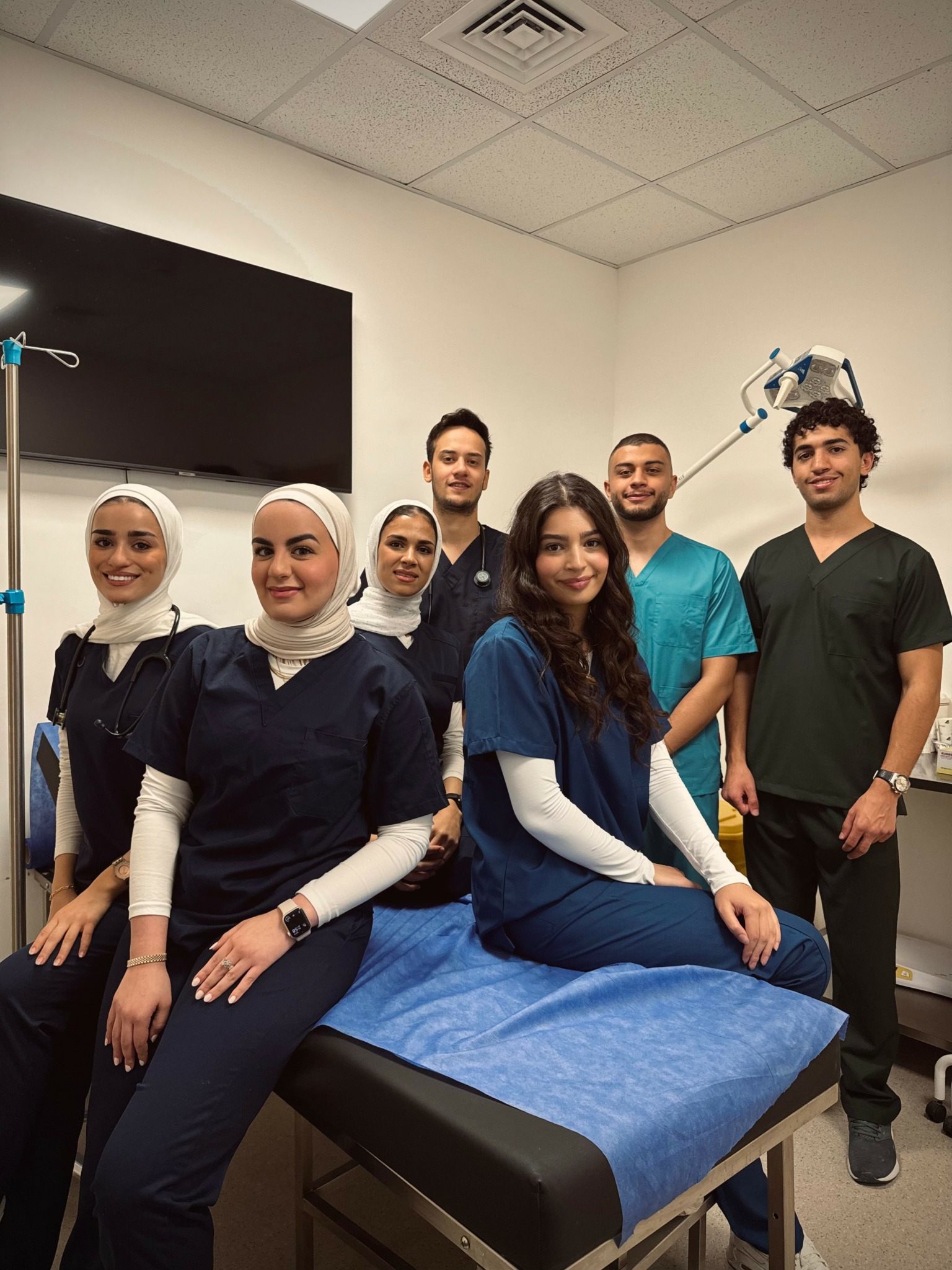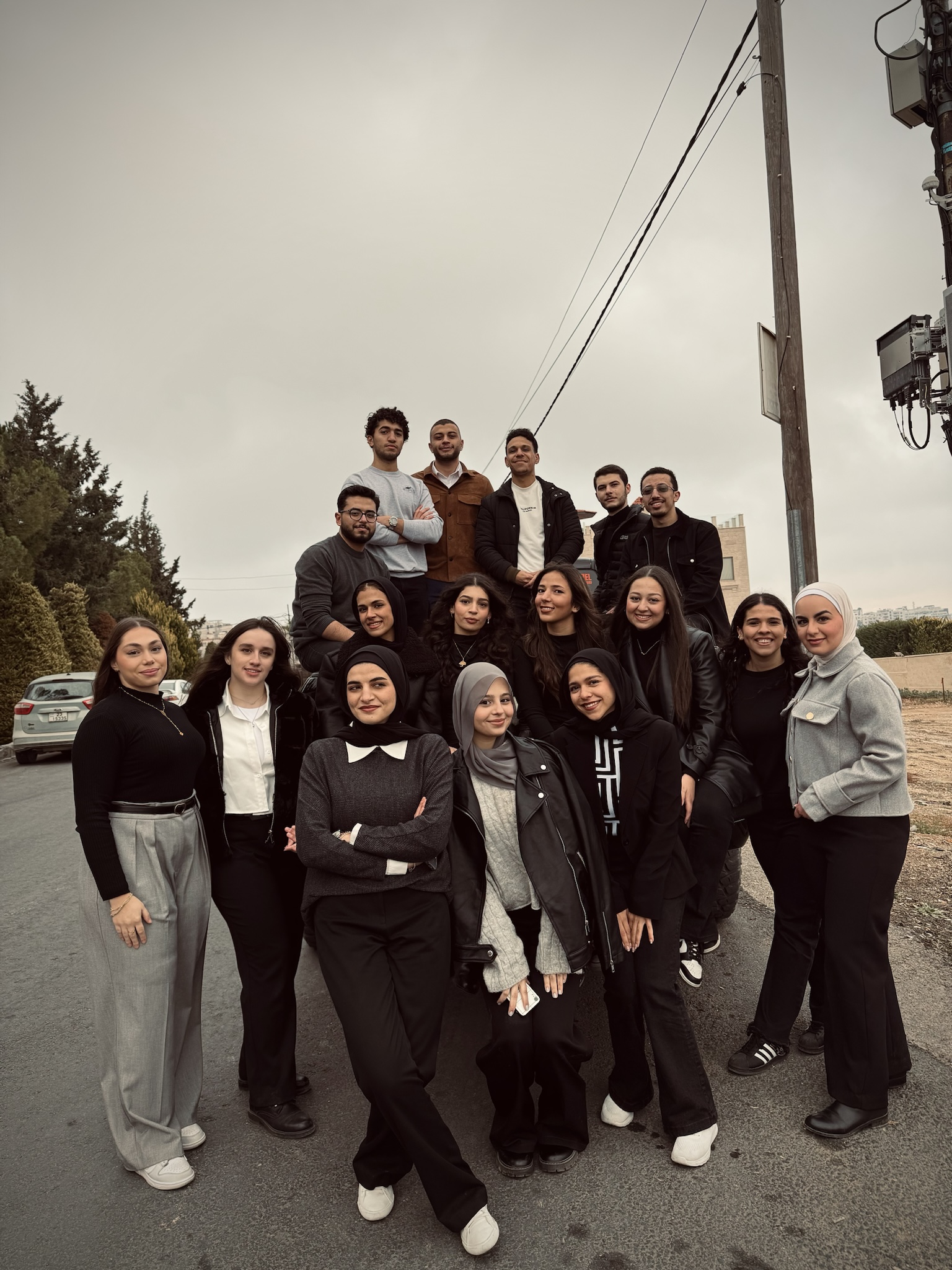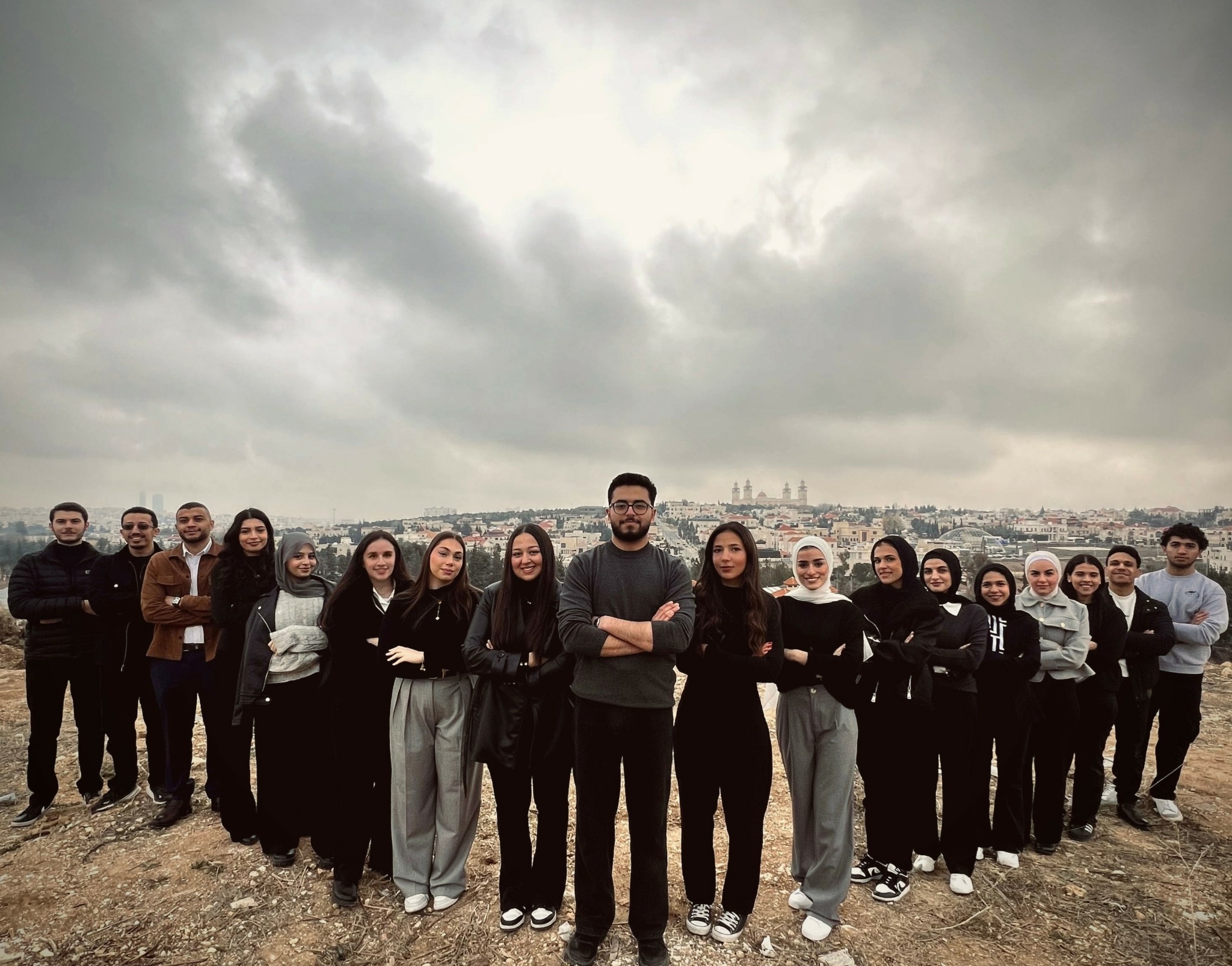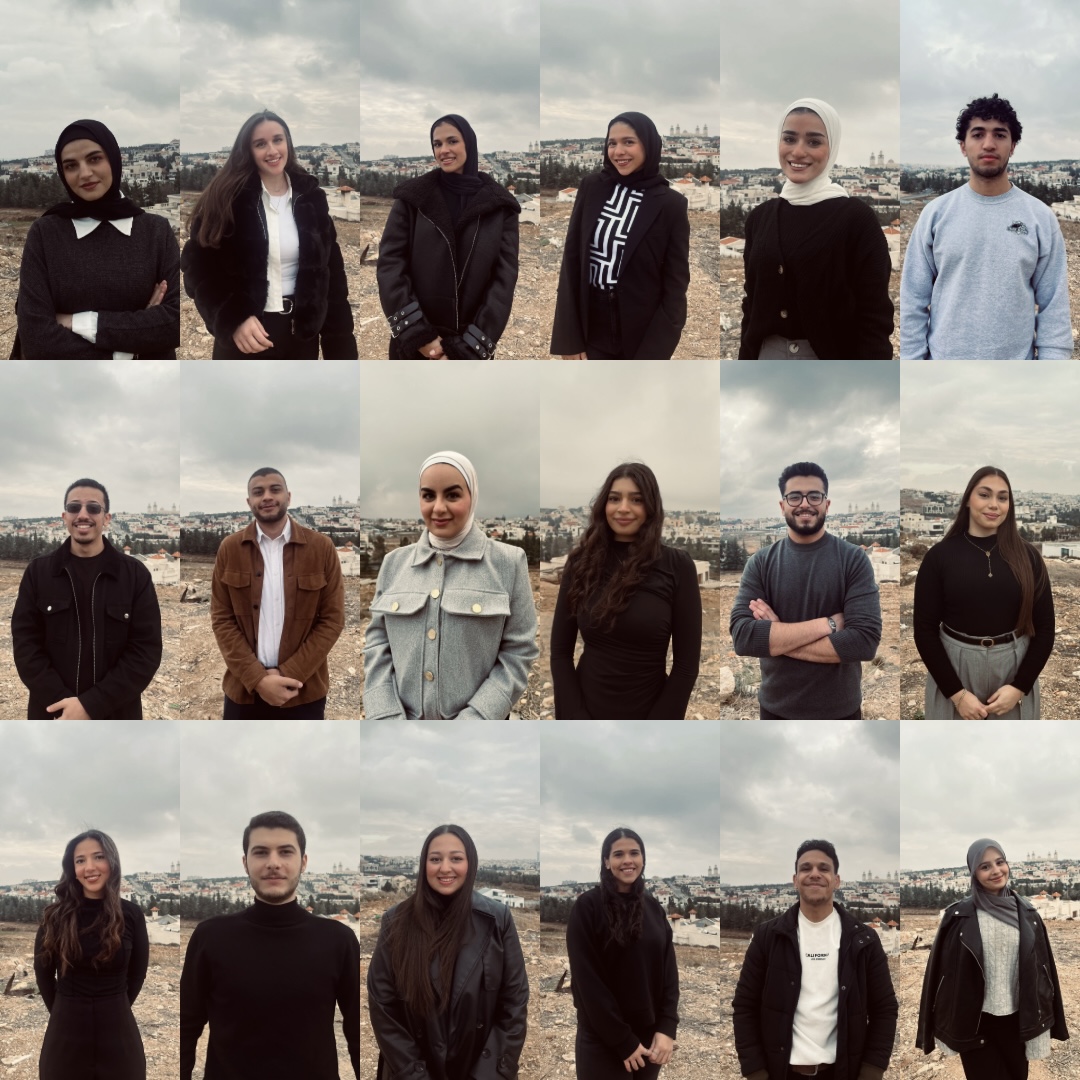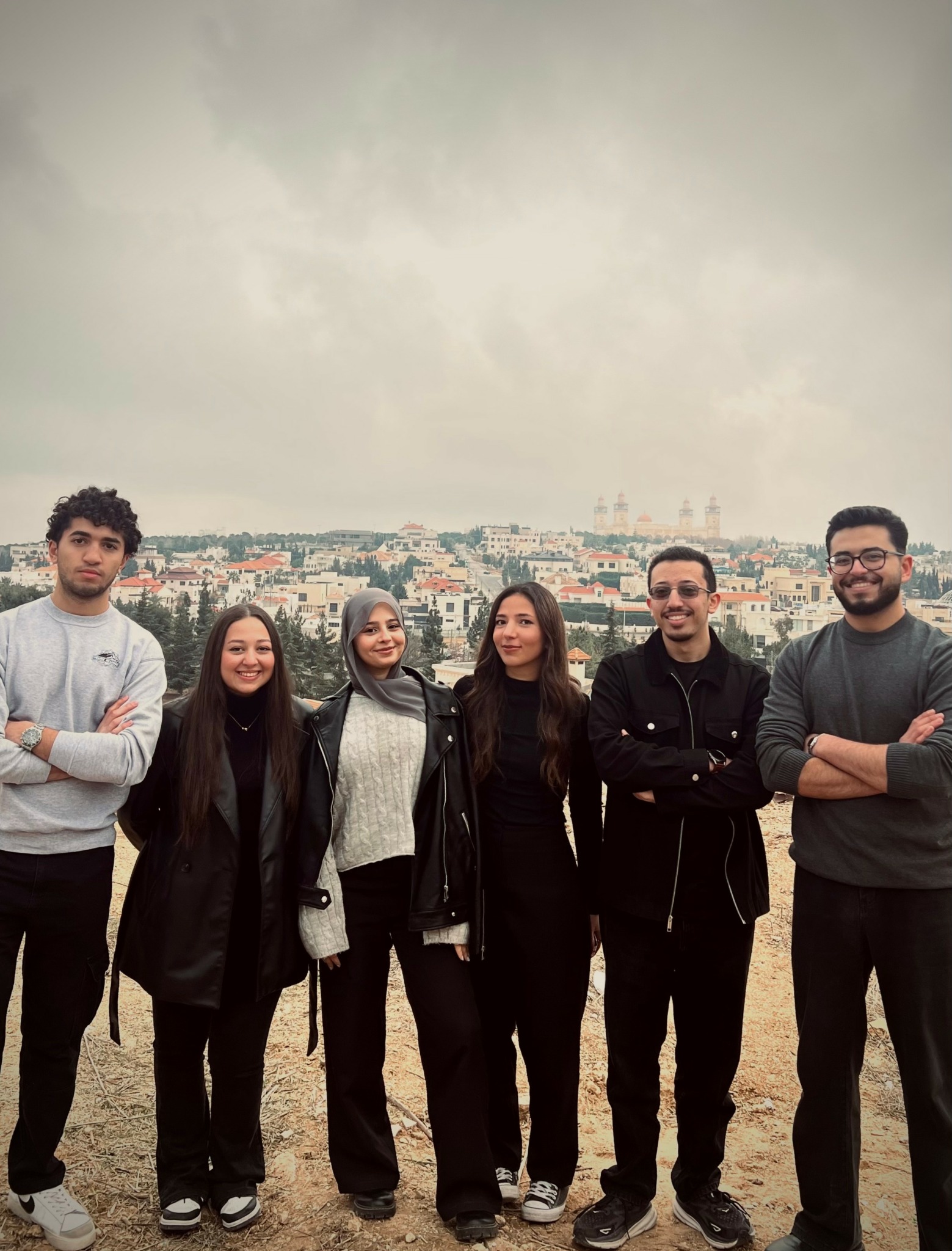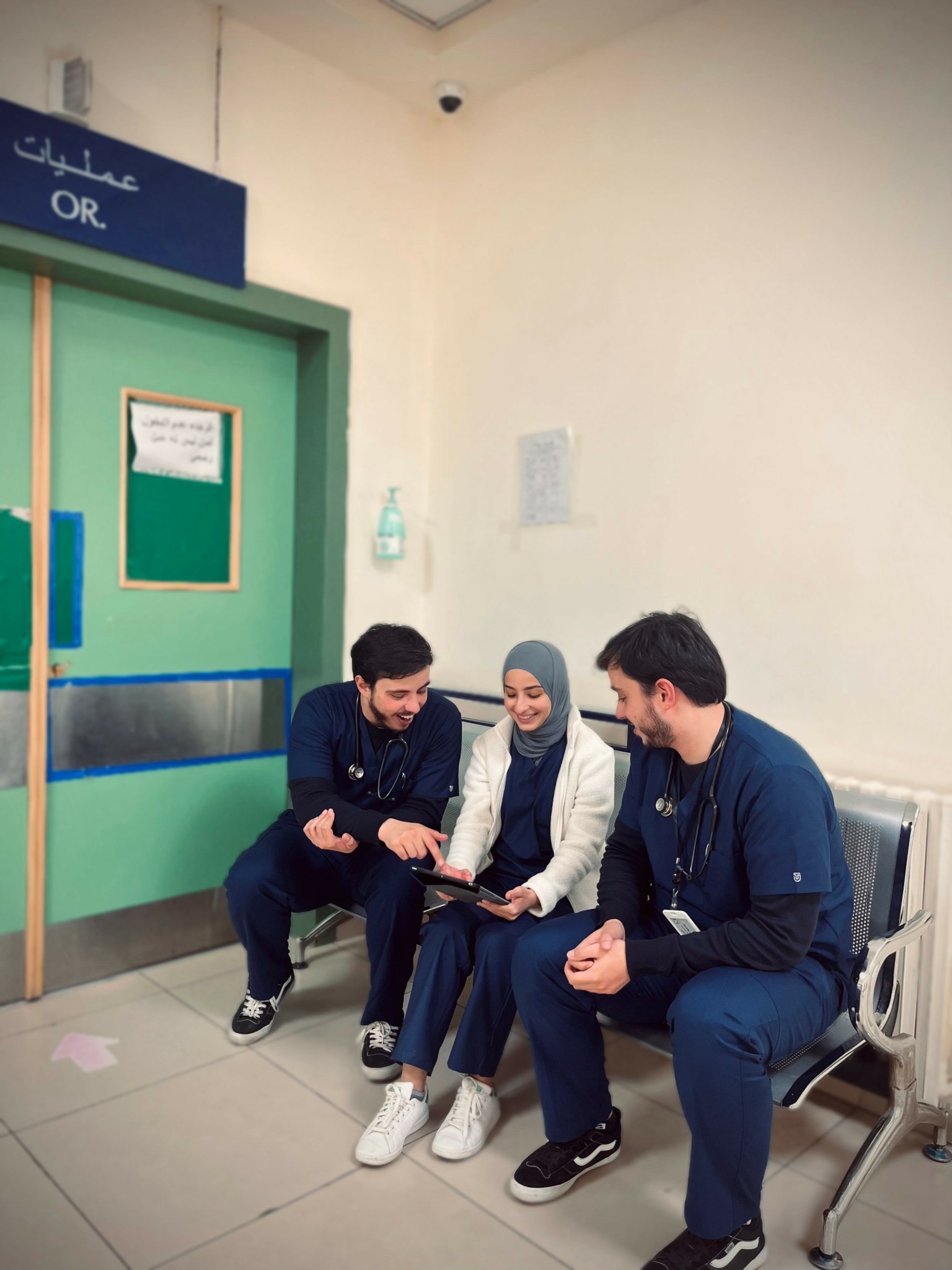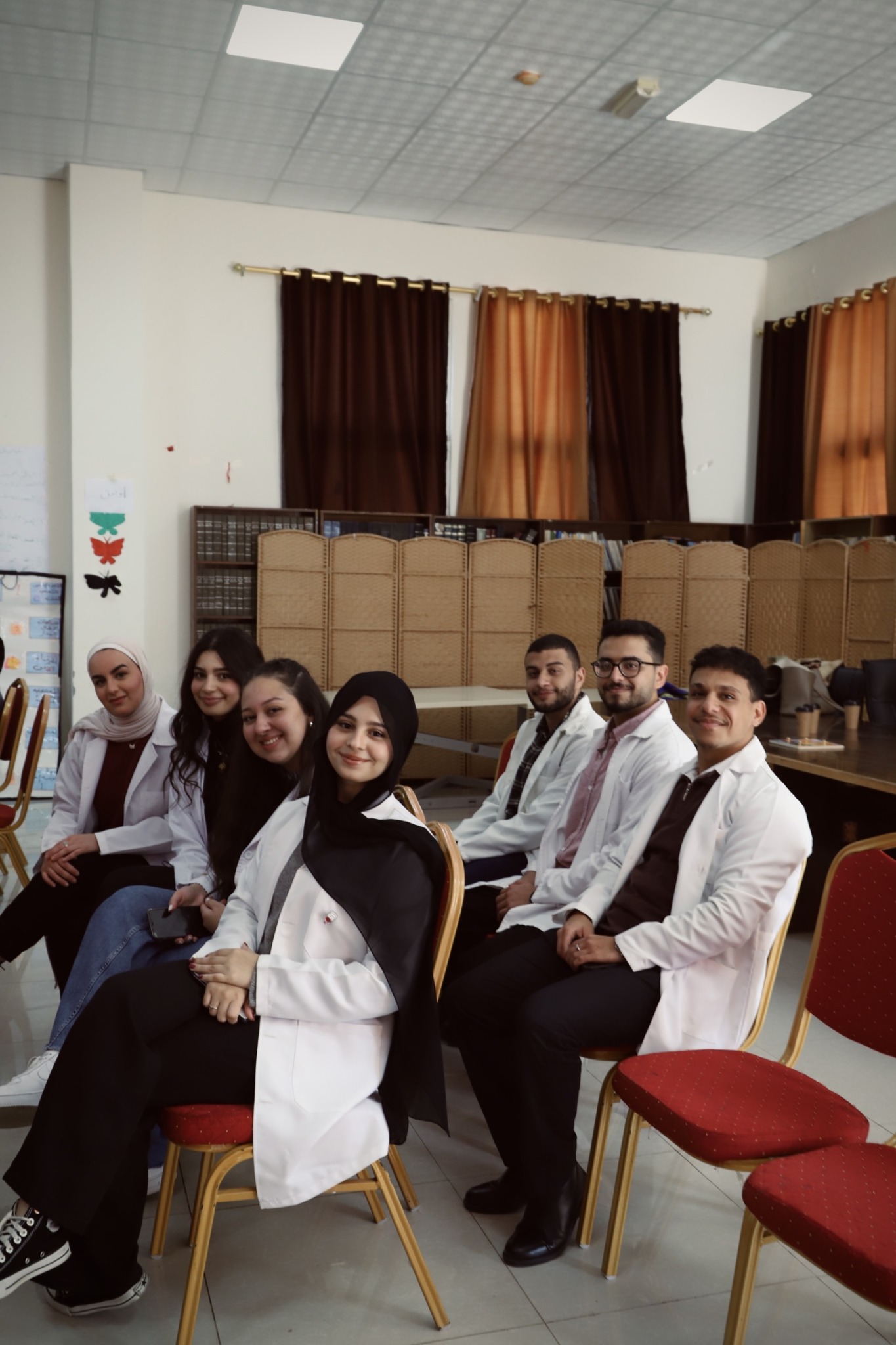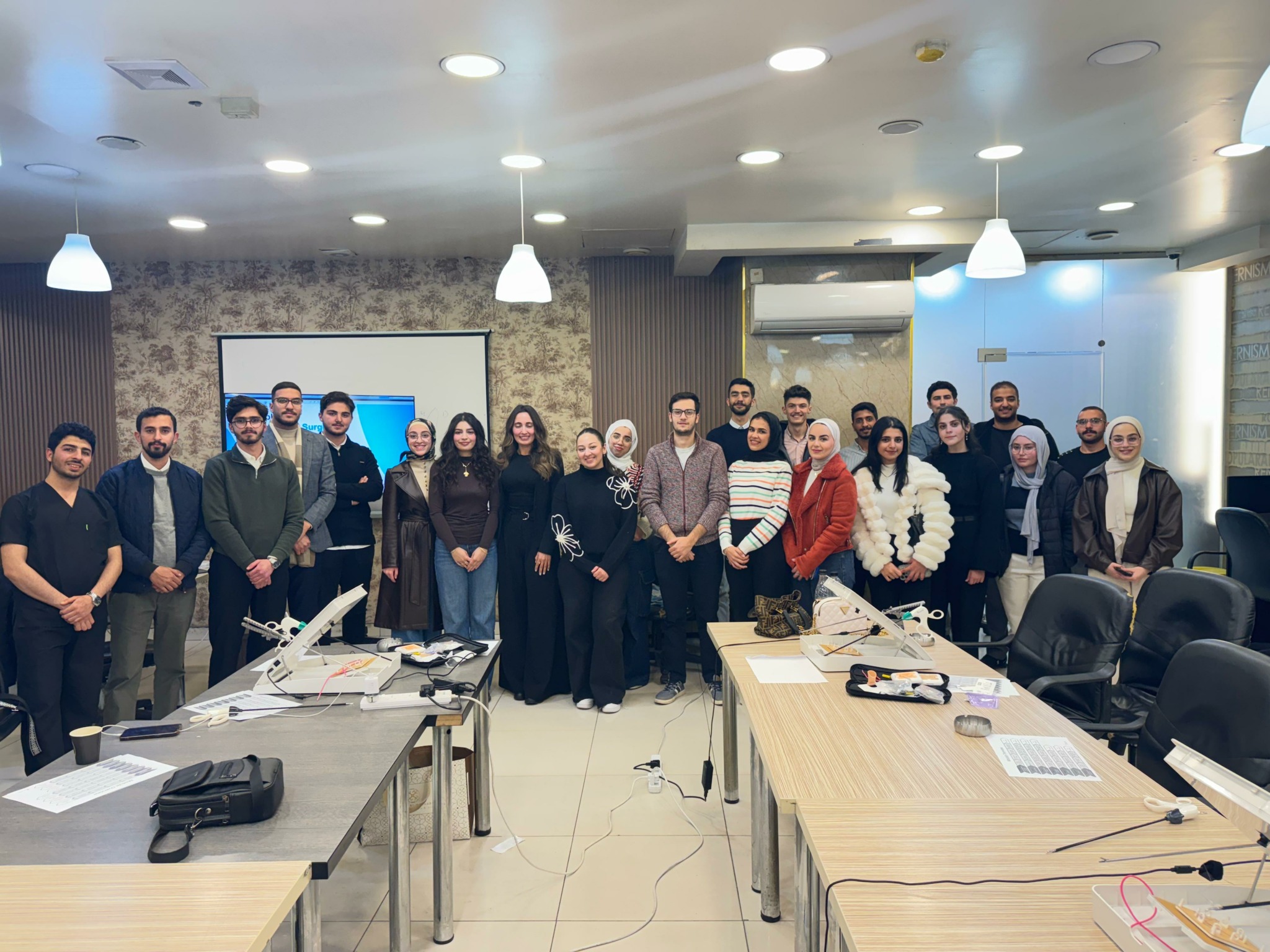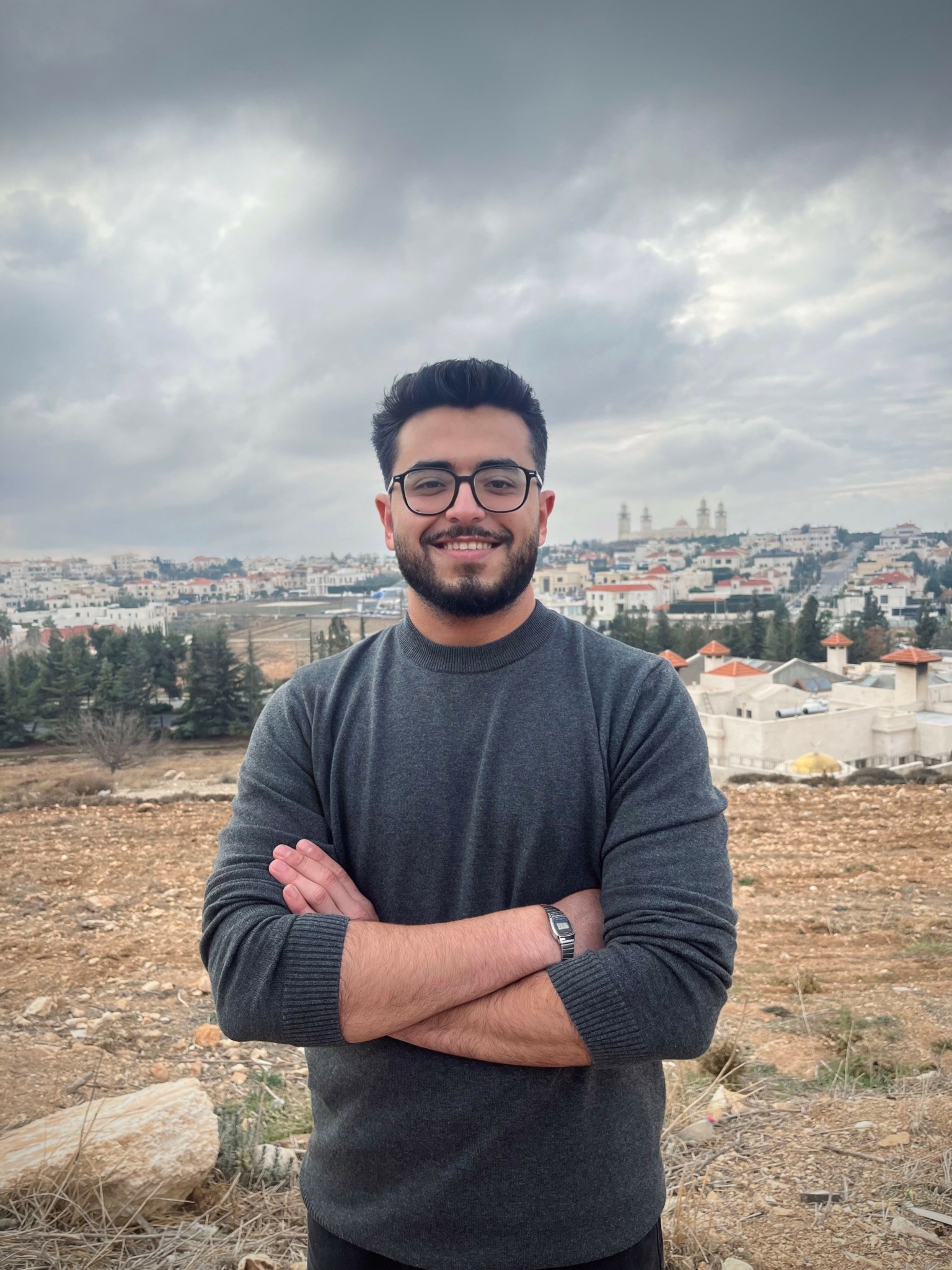Today we’d like to introduce you to Rashed Al-Daradka.
Hi Rashed , can you start by introducing yourself? We’d love to learn more about how you got to where you are today?
My journey began with a deep passion for surgery, it has been my lifelong dream to become a surgeon. But for me, it wasn’t just about achieving that goal; it was about becoming the best surgeon I could be. And to do that, I knew I needed the best education possible. In my view, the U.S. offers the most advanced and rigorous surgical training, which is why I set my sights on pursuing residency there.
However, as an international medical graduate, securing a surgical residency in the U.S. is incredibly competitive, almost impossible, some would say. So I asked myself, How can I stand out? How can I position myself ahead of the competition? I sought out opportunities, joined different organizations, and worked to build my CV. But I quickly realized that there were very few opportunities specifically geared toward aspiring surgeons like me. And the ones that did exist weren’t actually giving me a meaningful advantage.
At one point, I felt disheartened. My dream seemed out of reach, and I even considered settling for an alternative path. But I’m not someone who accepts limitations easily. Instead of giving up, I decided to create my own opportunities, not just for myself, but for others in the same position. That’s how SRIG was born.
SRIG is a student interest group focused on providing high-level opportunities for medical students passionate about surgery and radiology. Building it wasn’t easy. I faced rejection after rejection, and many people doubted me. They questioned why I was so determined to pursue surgery in the U.S. when the odds were stacked against me.
But I believe that if someone has a dream and is willing to put in the work, nothing is impossible. The moment we start telling people to take the easier path, we limit their potential. I’ve always believed in chasing the hardest goals, not because they’re easy, but because they’re worth it. And that’s exactly what I intend to keep doing.
I’m sure it wasn’t obstacle-free, but would you say the journey has been fairly smooth so far?
There were definitely a lot of obstacles in creating something that wasn’t widely recognized. Interest groups, especially in my university, weren’t the norm, and what I was trying to do wasn’t exactly appreciated. When I first started, I reached out to many higher-ups and doctors, hoping to get their support, but 90 percent of them rejected the idea outright.
I was laughed at, mocked, and even given strange looks, as if what I was suggesting was absurd. The reasoning was always the same. You are still a medical student, you are too young, you do not know enough yet. It was frustrating because I knew exactly what I wanted, and I was willing to put in the work.
Surprisingly, I also faced backlash from students. Some were frustrated that I was encouraging people to pursue such a difficult path, almost as if I was leading them away from easier, more traditional opportunities. But I do not believe in avoiding challenges just because they are hard. If we keep shying away from difficult paths, we miss out on incredible opportunities.
I have always believed that you should go after the things you truly want, even if they seem out of reach. If it does not work out, there will always be other paths to take, but you should never give up on an opportunity just because it is difficult.
Thanks for sharing that. So, maybe next you can tell us a bit more about your business?
SRIG is an interest group for medical students passionate about surgery and radiology. Our goal is to provide high level opportunities beyond what is typically available. We focus primarily on research opportunities and observerships, two crucial aspects of building a strong residency application.
In many medical schools, especially in my region, students do not get the chance to engage in research, particularly in surgery and radiology, until their fifth or sixth year. This is a major limitation because residency programs often require a set number of research experiences, which can be difficult to complete if you start late. What makes SRIG different is that we offer research opportunities to students as early as their first year, continuing through their sixth year and even extending to interns and doctors. This approach is unusual but necessary because early exposure gives students a competitive edge.
Our observership program is another key component. Observerships are essential for matching into residency, yet there is very little awareness about them among medical students in my region. While some observership programs do exist, most students do not realize how crucial they are. We bridge this gap by facilitating connections between doctors and students, making these opportunities more accessible.
Beyond research and observerships, we also offer skill lab programs tailored to surgery and radiology. Typically, these hands on skills are reserved for residents because they are seen as advanced techniques. However, by providing these opportunities to medical students, we allow them to gain early experience, build their CVs, and stand out from other applicants. Jordanian students in particular can gain an advantage by accumulating certificates and hands on training that many others do not have access to.
We also organize educational sessions, conference awareness programs, and volunteer initiatives. One of the projects we are most proud of is our annual give back program, where we address local issues and support our community as medical students.
What makes me proudest is seeing students who have never done research before become first time authors through SRIG. Watching them go through the process and hearing their excitement when they learn something they thought was out of reach is incredibly fulfilling. Many students have reached out to express their gratitude, and knowing that SRIG has made a real impact on their careers makes all the challenges worth it.
Are there any books, apps, podcasts or blogs that help you do your best?
I would not say that my work relies on books, apps, or podcasts, but one app that has been really helpful for me is Minimalist. It helps me organize my work, my studies, and everything I need to keep track of. I am someone who can get very anxious when things feel scattered, and this app allows me to put everything into perspective. By keeping everything structured and manageable, it makes my work easier to accomplish and helps me stay focused.
Contact Info:
